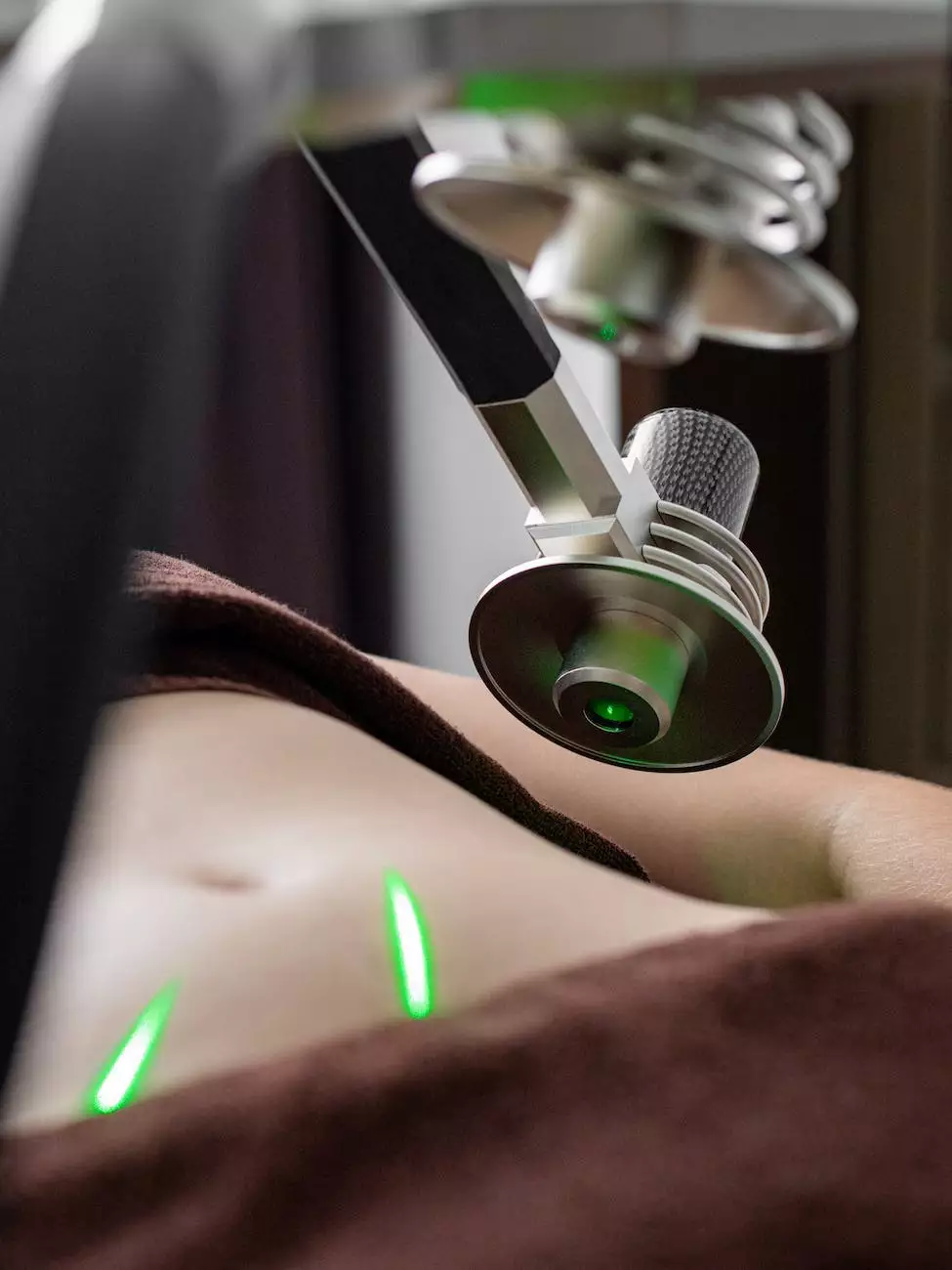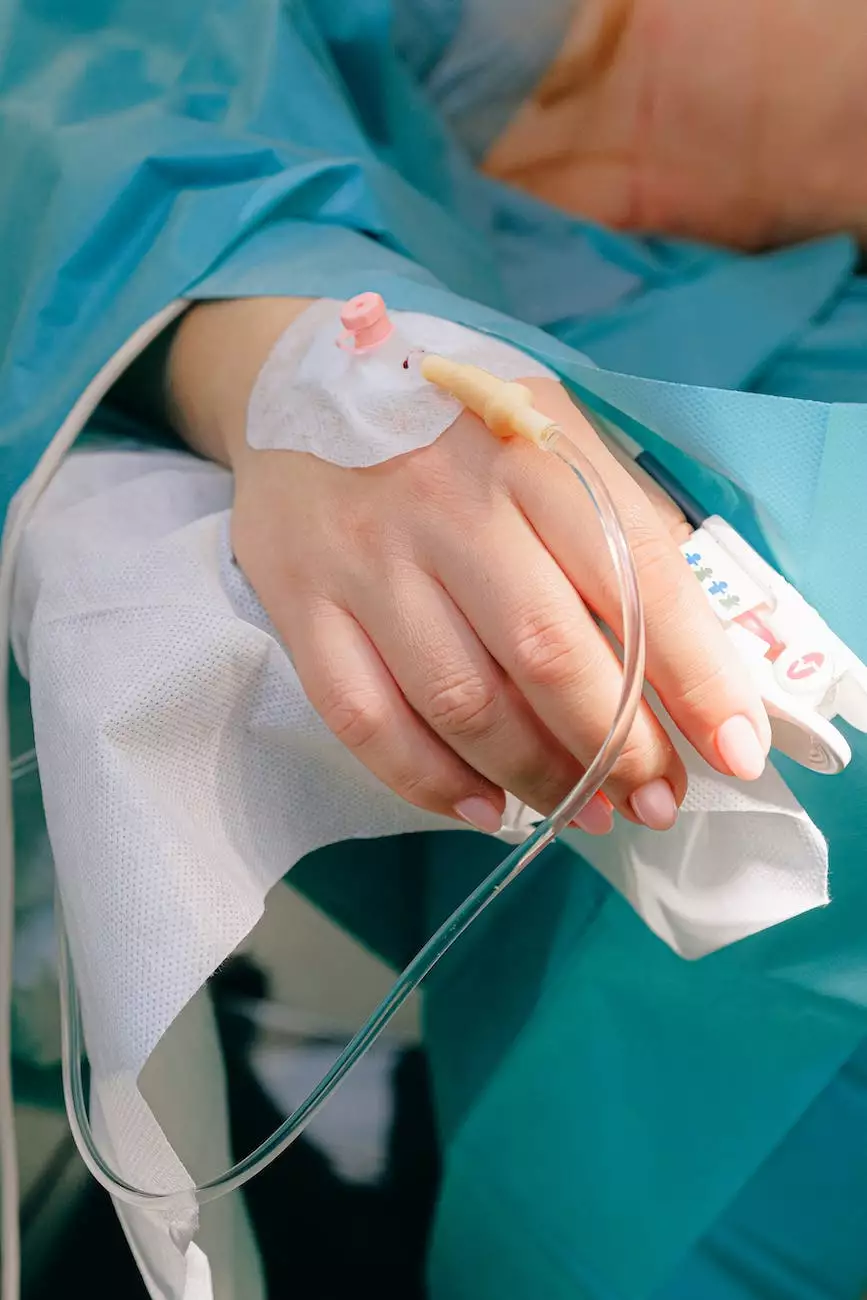Head Injuries and Testosterone Production

When it comes to overall well-being, hormone levels play a crucial role. Testosterone, primarily known as a male sex hormone, is responsible for a wide range of functions in both men and women. However, studies have shown that head injuries can significantly impact testosterone production, leading to various health complications.
The Connection Between Head Injuries and Testosterone
Head injuries, such as concussions or traumatic brain injuries (TBI), can disrupt the normal functioning of the endocrine system. The endocrine system includes various glands in the body, such as the hypothalamus and pituitary gland, which are responsible for regulating hormone production.
When a head injury occurs, it can disrupt the signals sent between the brain and the testes (in men) or ovaries (in women). This disruption can lead to a decrease in testosterone production, which can have several negative effects on the body.
Effects of Decreased Testosterone Levels
Low testosterone levels resulting from head injuries can manifest in various ways, affecting both physical and mental health. Some of the common effects include:
- Decreased muscle mass and strength
- Weight gain and difficulty losing weight
- Reduced libido and sexual dysfunction
- Fatigue and lack of energy
- Mood swings and depression
- Increased risk of osteoporosis
Diagnosing Testosterone Deficiency
If you have experienced a head injury, it's important to monitor your hormone levels regularly. Diagnosis of testosterone deficiency typically involves a combination of blood tests, physical examinations, and evaluation of symptoms.
Your healthcare provider may assess your total testosterone levels, as well as other related hormones such as luteinizing hormone (LH) and follicle-stimulating hormone (FSH). These tests can provide a comprehensive view of your hormonal health and help determine the appropriate course of treatment.
Treatment Options for Testosterone Deficiency
Fortunately, there are several treatment options available for individuals experiencing testosterone deficiency due to head injuries. These may include:
- Hormone Replacement Therapy (HRT): This involves the administration of exogenous testosterone to restore levels within the normal range.
- Lifestyle Modifications: Adopting a healthy lifestyle with regular exercise, balanced nutrition, quality sleep, and stress management can positively impact hormone production.
- Dietary Supplements: Certain supplements, such as zinc, vitamin D, and omega-3 fatty acids, may support testosterone production.
- Therapeutic Interventions: Working with a healthcare professional experienced in hormonal health can provide additional options, including targeted therapies or interventions tailored to your specific needs.
Prevention and Care
While it's impossible to completely eliminate the risk of head injuries, taking preventive measures can significantly reduce your chances. Practice safety precautions, such as wearing helmets during sports or activities with a high risk of head trauma.
If you have experienced a head injury, it is essential to seek prompt medical attention. Early intervention and proper care, including appropriate rehabilitation, can help minimize long-term complications and support healthy hormone production.
Conclusion
Head injuries can have a profound impact on testosterone production, leading to hormone imbalances and related health issues. If you suspect testosterone deficiency after a head injury, it is crucial to consult with a healthcare professional experienced in hormonal health.
At Minneapolis Weight Loss Doc, we understand the importance of comprehensive health information. Our team of experts is dedicated to providing reliable resources and guidance to help you make informed decisions about your well-being. Stay informed, take preventive measures, and prioritize your hormone health after head injuries.










